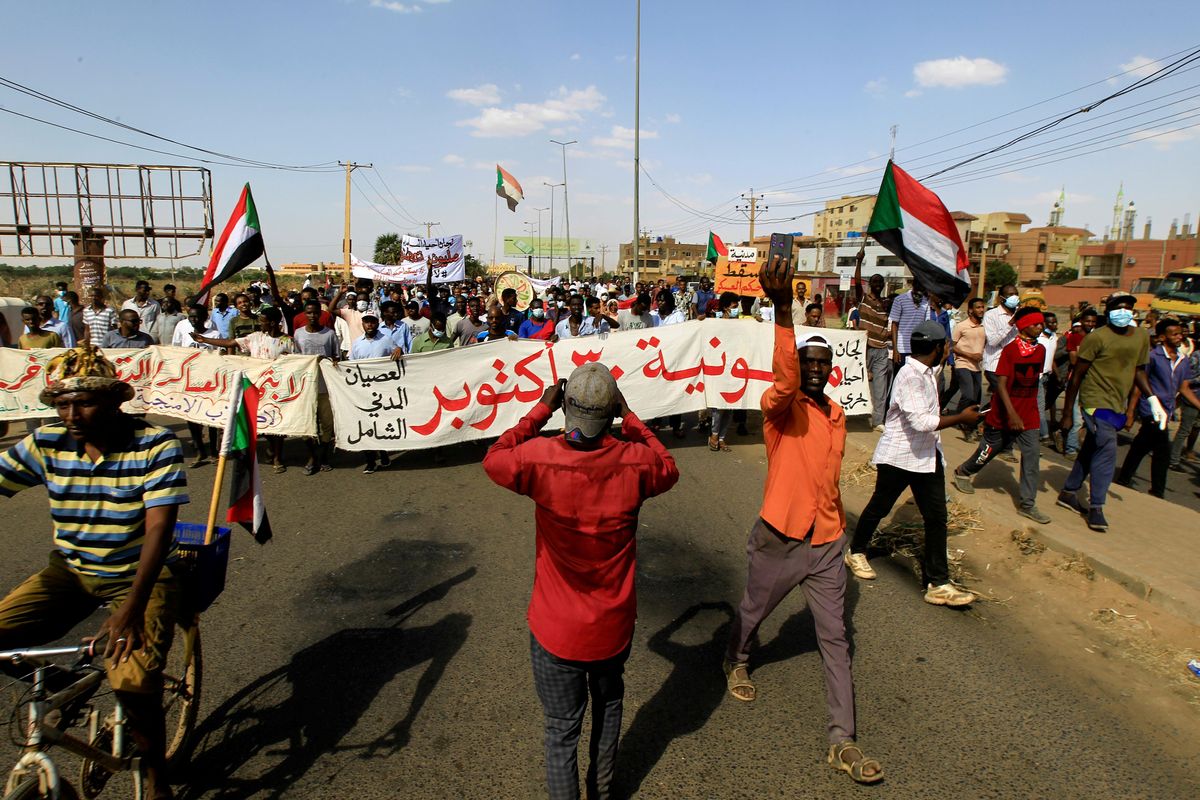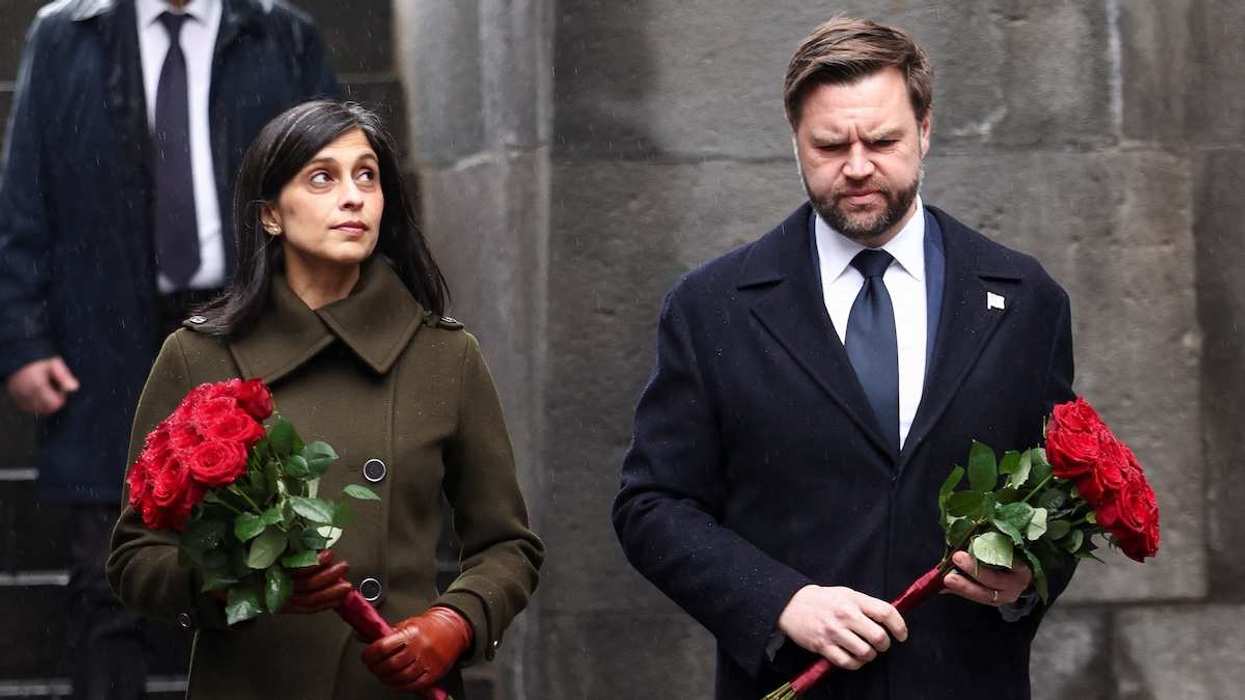Sudan on the brink. Two weeks after a military coup in Sudan, the country's security situation continues to deteriorate. On Sunday, soldiers responded to pro-democracy protests in Khartoum by tear-gassing and arresting more than 100 teachers who refuse to return to work until the transitional civilian-military government is restored. (The intervention drew comparisons to the harsh crackdown against protesters that eventually led to the ousting of longtime despot Omar al-Bashir in 2019.) Meanwhile, civilian PM Abdalla Hamdok remains under house arrest, and the internet is still shut down. Arab League mediators have arrived in the capital to try to mediate between junta leader Gen. Abdel-Fattah Burhan and the pro-civilian forces, but Burhan refuses to even call the power grab a coup. The country's largest union, which played a pivotal role in the 2019 protest movement, has called a two-day national strike — the opening salvo of a campaign of civil disobedience to force the military back to the negotiating table. Since the generals show no signs of backing down, the odds of more bloodshed are growing by the day.
News
What We're Watching: More trouble in post-coup Sudan

Protesters carry a banner and national flags as they march against the Sudanese military's recent seizure of power and ousting of the civilian government, in the streets of the capital Khartoum, Sudan October 30, 2021.
REUTERS/Mohamed Nureldin
By Carlos SantamariaNovember 07, 2021

















